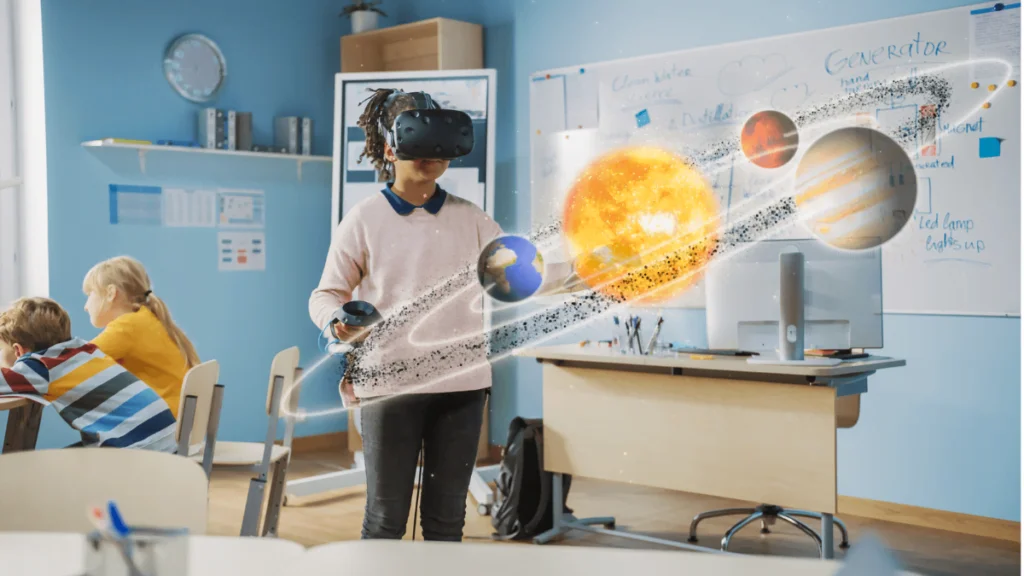According to official statistics, 244,940 Japanese elementary and junior high school students missed at least 30 days of school in FY 2021.

Toda, Saitama, a Japanese city, implemented a metaverse-schooling program to entice pupils, particularly those who lived far from school, to attend courses. The city of Toda chose the metaverse schooling service, which enables students to wander the campus and learn in virtual classrooms. According to local media NHK, pupils must first receive permission from their respective school principals to attend classes in the metaverse. According to official statistics, 244,940 Japanese elementary and junior high school students missed at least 30 days of school in FY 2021.
According to an NHK story, a fifth-grader preferred internet chats to going to class in person. Despite the fact that the youngster hasn’t really been to school in over two years, they still had a common interest in getting together with pals to play outside games like tag. While current initiatives to increase school attendance continue to face obstacles, Japanese officials are betting on metaverse education to foster a sense of community among pupils.
The director of Toda’s education facility, Sugimori Masayuki, wants to see metaverse students mature and eventually live independently in society. In an effort to establish itself as Japan’s Web3 centre, the city of Fukuoka has established a partnership with Astar Japan Labs. The mayor of Fukuoka, Soichiro Takashima, confirmed the city’s aspirations to lead the Web3 drive, as he stated:
“We have to do in the context of Web3 what large companies did for the world when Japan was strong”. Astar Network founder Sota Watanabe revealed his intentions to “work closely with Fukuoka City to attract more developers and more entrepreneurs.”
